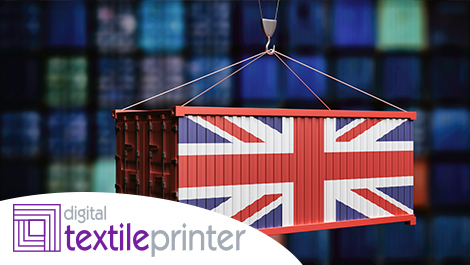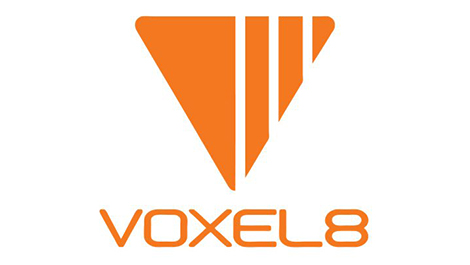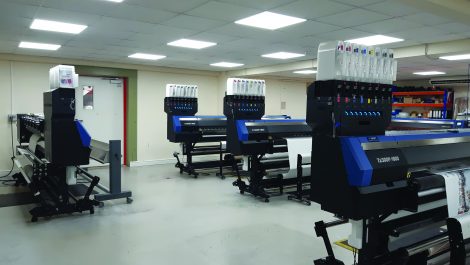A survey involving 138 British businesses, including leading fashion brands, UK textile manufacturers, wholesalers, fashion agencies, garment manufacturers and retailers has found that 98% of UK fashion and textile companies have experienced increased bureaucracy around exporting and importing post-Brexit.
The survey, which was conducted by the UK Fashion & Textile Association (UKFT) in May of this year, also found that 92% of respondents had experienced increased freight costs, 83% had dealt with problems around customs clearance and more than half (55%) had cancelled orders from wholesale customers/retailers solely because of Brexit.
In addition to this, 44% had rejected or returned orders from consumers where Brexit costs were the only issue, 38% had experienced problems returning goods to the UK from the EU (for example if they were unsold) and almost three quarters (74%) had dealt with an increase in costs due to new tariffs.
The UKFT also provided anecdotal evidence to support its findings, reporting one UK knitwear brand had an EU customer ordering a £200 jacket which then incurred £160 duty, as well as samples being held up in customs for months. A UK childrenswear brand added that, ‘Exporting old or returned stock back to us is prohibitively expensive,’ adding that the costs of sending samples to customers and trade shows will also be an issue going forward.
The complex nature of Rules of Origin requirements has also caused problems, with almost a third of respondents (32%) saying they did not know if their UK-manufactured goods met the Rules of Origin requirements for the UK-EU Trade Continuity Agreement (TCA). 41% had been hit by double duties as a result of the implications of free circulation in the TCA.
‘As we had already sold for the season we have had to absorb the cost, which is having a dramatic impact on our business,’ said one outerwear brand. ‘The next season we will need to pass this on, but we have already encountered problems with our existing customers. The increase has been approximately 12%.’
Several respondents also raised the issue of the end of free movement of people for EU citizens, with one fashion brand reporting, ‘We have always been able to bring in talent from around the EU. Our access to talent is now reduced which stifles creativity and diversity for our business.’
Of course there were positive companies, with one knitwear manufacturer and brand saying Brexit, ‘has already resulted in growth in sales,’ adding that it expects to expand production and new staff over the next few years.
Adam Mansell, CEO of UKFT, said, ‘The findings of this survey have been shared with government to highlight the severe impact leaving the EU has had on our sector. As the new trading relationship with the EU develops, UKFT will continue to raise the industry’s concerns with government and seek further support to ensure businesses can continue to trade with our biggest and closest market. At the same time, we will continue to develop simple and effective solutions to help the UK fashion and textile industry in its drive to increase export sales.’




